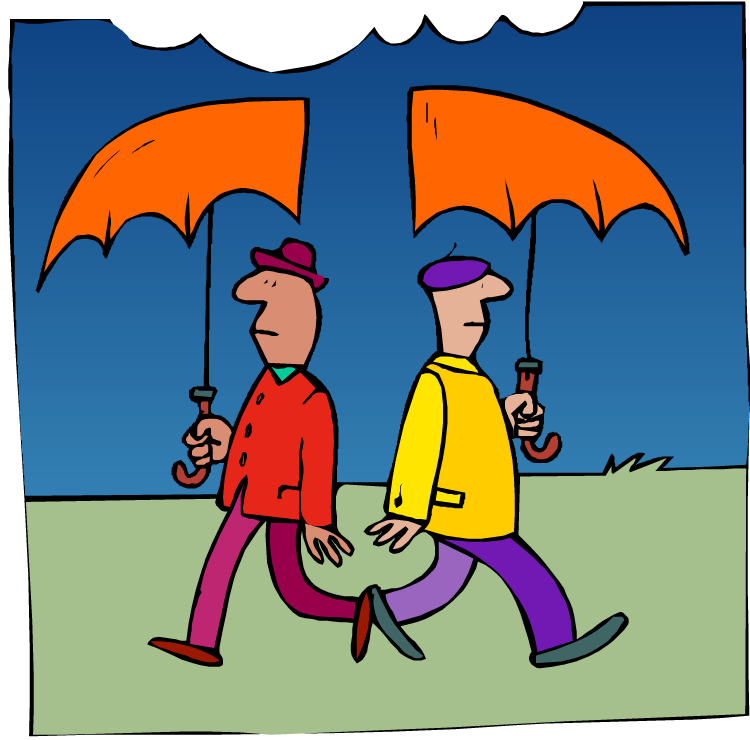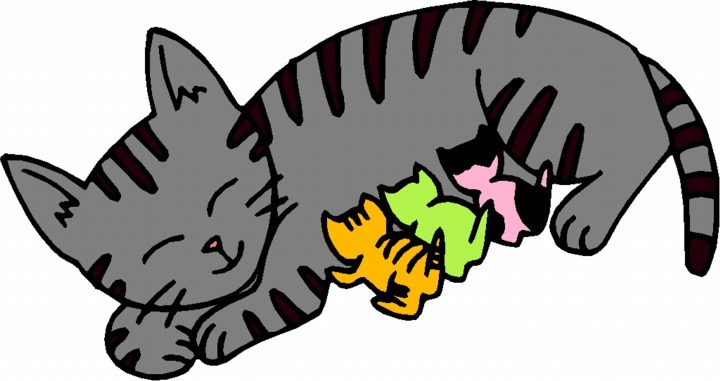Ways I Have Changed Since Becoming a Pure Land Buddhist
 April 9, 2009
April 9, 2009 Question: How do you feel you have changed since being a Pure Land Buddhist?
Response: I must confess this is an entry that never occurred to me. But the question is a very good one. Not because I have so much progress to report, but because what little progress I have made could encourage others. And even a little progress can make a definite difference in our lives.
Now for those changes...
I'm more patient
My mother noticed this one. This might well have been one of the first ways I changed since I remember her mentioning this when I was still a layperson.
This one I will always be exceptionally grateful for. I had the wonderful good fortune to live with my mother for the last three years of her life. She commented periodically that I was very patient with her. This was a blessing because it enabled her to worry less about being a burden, which she never was. Even my very imperfect patience improved what could have been a difficult situation and helped lead to many good times for both of us.
I’m calmer and struggle less
And I accord with conditions more. While I still try hard to meet my responsibilities, I’m improving at letting go when things don’t work out as hoped for. The struggling less is a relief. I understand causality much better then when I first read about it as a teenager.
I understand the person who always gives me a hard time is enacting something I created in the past. And that if I can resolve it—or at least not make it worse—things will be easier in my future. I realize that whatever I have or do not have is likewise the result of my own karmas. So there’s no one out there to blame. I realize that good thoughts and behavior today will improve my tomorrows; if not in this lifetime, then at some time in the future. I realize that having expectations sets one up for disappointment.
I’m more relaxed
This one is a result of the above changes. Being even a little more patient and accepting has reduced my daily stress. When I get upset or angry, I get over it more quickly than I used to. When I’m in a situation that is less than ideal (i.e. frequently), I can get out my chanting beads and start “Amituofo, Amituofo, Amituofo...” or simply chant silently to myself.
I smile more
This one is partially because I'm recognizable as a Buddhist nun. Being aware that I am noticeable and that most people guess what I am, I'm less invisible. And I’m very aware that I need to set a good example as a Buddhist. I must confess that giving up my invisibility was very difficult at first and can still be problematic at times. Basically, I prefer invisibility. I view my current situation as one of life’s little ironies. :-)
Being fairly practical, I decided some years ago that if people were going to think "Buddhist nun," I needed to be sure they didn't think "angry” or “unhappy” Buddhist nun. So I kept reminding myself to smile in public. Gradually, the rewards of my practice and studying caught up. Smiling is no longer something I need to keep reminding myself to do.
I’m less judgmental
Becoming increasingly aware of all the things I have done—and continue to do—wrong, I’m a bit less critical of others. Understanding causality helps on this one as well. We’re all just struggling to deal with what we created in the past. And in the cycle of rebirth, the degree of suffering will vary from person to person and realm to realm, but essentially we are all suffering. So it’s pointless and unthoughtful to get upset with others when they fail to follow the little scenarios in my mind.
I talk less
And thus I get into less trouble! It's amazing how much time we have to spend trying to undo the harm done after saying what we wish we hadn't. It's equally amazing how much time we can spend talking about nothing important. As is said “Speak less, chant more.”
I live more simply
Before I became a monastic I lived and worked in a one-bedroom apartment. Now I live and work in one room. Everything: personal items, work items, library, computers are all contained in a single room.
And a plain room at that. I have always loved color and even on a budget (and sometimes over) decorated my homes. Now the ambience of my room is "monastic cell." From colors and plants and silk flowers and paintings and family-treasured furniture, I have gone to white and taupe, and everything out of sight.
Also, almost everything I wear is brown and having been the style for Chinese monastics for well over a thousand years, is the ultimate "classic look." I say this humorously, but dressing simply does save a lot of thought and time—and money.
I work more
For someone brought up with a very strong work ethic, this is a benefit. Plus, since the "work" I do is what I chose and love (okay, most of the time ;-)), working more is a joy.
Most of my time spent working is on projects of my choosing. A fellow nun suggested I do a little book, so I did Heart of a Buddha. I thought an image of Amitabha Buddha suitable for someone's meditation table packaged along with chanting music would be helpful, so I did the writing and design work for Pure Land Chants. I thought a book with 365 daily thoughts would be helpful, so I did Path to Peace. Now I'm writing a children's book based on a Confucian classic. Also, I work on translations and have a dedicated and talented group of people to work with, so that too is most enjoyable.
I am happier
Thanks to all the above and much more,
I am happier since being a Pure Land Buddhist.

